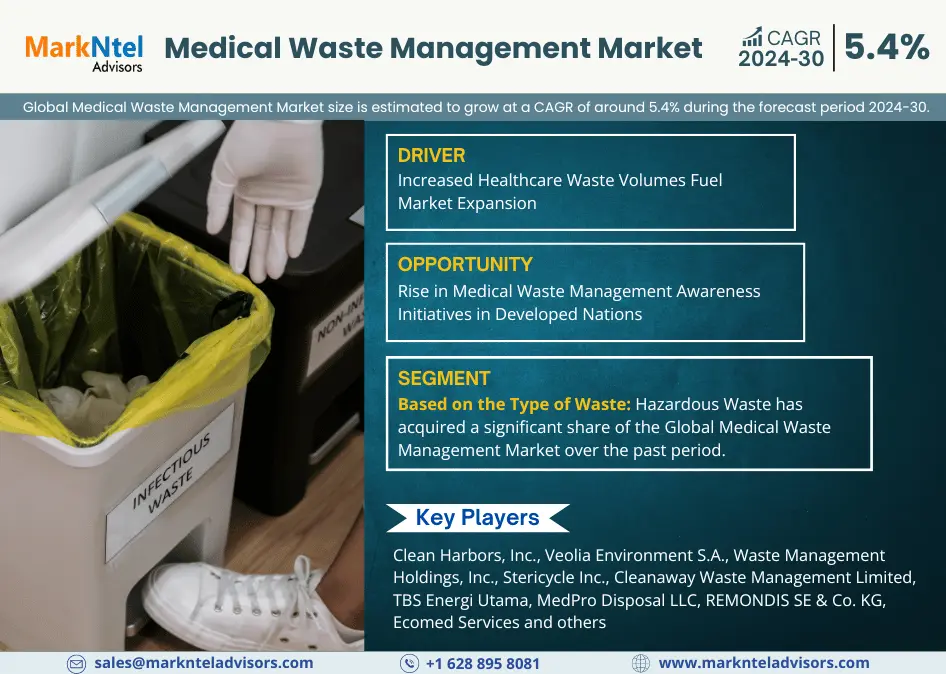Introduction
In the rapidly evolving world of digital marketing, staying ahead of the curve is essential for brands looking to maintain their competitive edge. From the explosion of social media platforms to the growing reliance on data-driven strategies, industry leaders continue to provide valuable insights into how businesses can navigate the digital landscape successfully. This article will explore key digital marketing insights from top industry experts, offering actionable takeaways to help you optimize your digital strategy for growth.
Table of Contents
ToggleThe Evolving Digital Marketing Landscape
Adapt or Fall Behind
The digital marketing landscape is changing faster than ever before. New platforms, algorithms, and tools are emerging regularly, and businesses must stay agile. Leaders in the industry emphasize the importance of embracing change and being open to experimentation. A willingness to test new strategies can make all the difference in staying relevant and capturing new audiences.
The Power of Data in Decision Making
One recurring theme from industry leaders is the importance of data-driven decision-making. With access to real-time analytics, marketers can track customer behavior, measure campaign performance, and refine their strategies based on actual data. Relying on gut feelings alone is no longer enough—data is the key to driving measurable success.
Content Marketing Strategies: Quality over Quantity
The Shift to Authentic, Value-Driven Content
Consumers today crave authenticity. Instead of churning out content for the sake of volume, top marketers focus on creating high-quality, value-driven content that speaks directly to their audience’s needs. Thought leadership pieces, how-to guides, and genuine brand storytelling resonate far more than generic, sales-driven content.
Leveraging User-Generated Content (UGC)
User-generated content is another powerful tool in the content marketing arsenal. Encouraging your audience to share their experiences with your brand, whether through reviews, photos, or videos, not only boosts trust but also provides free, authentic content that can be repurposed in your marketing efforts.
SEO: Staying Relevant in a Competitive Space
The Role of Voice Search in SEO
With the rise of smart speakers and voice-activated assistants, optimizing for voice search is becoming a priority for SEO professionals. Long-tail keywords and conversational search phrases should now be part of your SEO strategy to capture voice-based queries and enhance visibility.
The Importance of E-A-T in Google’s Ranking System
Expertise, Authoritativeness, and Trustworthiness (E-A-T) are three key factors that Google considers when ranking content. Industry leaders emphasize that building a brand’s authority through credible content, backlinks from reputable sites, and user trust is critical to achieving long-term SEO success.
Mobile-First Indexing and User Experience
As more users access the internet via mobile devices, Google’s focus on mobile-first indexing means that a website’s mobile experience is now prioritized in search rankings. Ensuring that your website is responsive, loads quickly, and offers a seamless mobile experience is essential to maintaining your visibility in search results.
Social Media Marketing: Building Communities
Engagement and Authentic Connections
Social media is no longer just about broadcasting content—it’s about fostering authentic connections with your audience. Engaging in conversations, responding to comments, and actively listening to your audience’s feedback are vital for building a loyal community around your brand.
The Rise of Short-Form Content
Platforms like TikTok, Instagram Reels, and YouTube Shorts have demonstrated the growing popularity of short-form video content. Industry leaders suggest that brands should leverage this trend by creating engaging, bite-sized content that can be easily consumed and shared.
Influencer Marketing: Micro vs. Macro Influencers
While influencer marketing remains a powerful tool, industry leaders have shifted focus from mega-influencers to micro-influencers. These influencers, with smaller but highly engaged audiences, often deliver higher engagement rates and can create more genuine brand partnerships.
Email Marketing: Personalization at Scale
Segmentation and Targeted Messaging
Email marketing is far from dead—in fact, it remains one of the most effective channels for personalized communication. By segmenting your email list and sending targeted messages based on user behavior, you can significantly increase engagement and conversions.
Automation and Behavioral Triggers
Automation tools allow marketers to send emails based on user actions, such as abandoned cart reminders or post-purchase follow-ups. This level of personalization makes your emails more relevant and timely, improving the customer journey.
The Role of Data and AI in Marketing
Predictive Analytics for Better Customer Insights
Predictive analytics is becoming a game-changer for marketers looking to understand future customer behavior. By analyzing historical data, AI can help marketers forecast trends, anticipate customer needs, and tailor marketing efforts accordingly.
AI-Powered Chatbots for Improved Customer Experience
Chatbots powered by AI have revolutionized customer service, providing instant responses to customer queries 24/7. Industry leaders highlight the role of chatbots in improving the customer experience, freeing up human resources for more complex tasks.
Paid Advertising: Optimizing ROI
The Shift Toward Programmatic Advertising
Programmatic advertising, which uses AI to automate the buying and selling of ad space, is becoming more widespread. This method allows marketers to target the right audience at the right time, leading to more efficient ad spending and higher ROI.
Utilizing A/B Testing to Maximize Ad Performance
A/B testing is essential for optimizing paid ad performance. Testing different ad copy, visuals, and calls-to-action can help identify the most effective combinations, ensuring that your ad dollars are spent wisely.
Video Marketing: The Future is Visual
Live Streaming and Real-Time Engagement
Live streaming has become a powerful tool for real-time engagement with audiences. Industry leaders suggest using live streaming for product launches, Q&A sessions, or behind-the-scenes content to create a more personal connection with your audience.
The Power of Storytelling in Video Content
Video remains one of the most engaging forms of content, and storytelling is at its core. Industry leaders emphasize that creating narratives around your brand or products can make your video content more compelling and memorable.
Omnichannel Marketing: A Seamless Customer Experience
Integrating Online and Offline Touchpoints
Creating a seamless experience across both online and offline channels is essential for modern businesses. Whether through in-store experiences or digital touchpoints, ensuring consistency in messaging and branding can enhance the customer journey and build trust.
The Importance of Consistency Across Channels
Maintaining consistency in your brand’s voice, visuals, and messaging across all marketing channels is key to a successful omnichannel strategy. This consistency helps build a recognizable brand and ensures a cohesive customer experience, whether online or offline.
Sustainability in Digital Marketing
Consumers Demand Ethical Marketing Practices
Sustainability and ethical practices are now top-of-mind for many consumers, and industry leaders are pushing brands to align with these values. Demonstrating a commitment to environmental and social responsibility can enhance your brand’s image and resonate with today’s conscious consumers.
The Rise of Purpose-Driven Campaigns
Purpose-driven campaigns that align with a social or environmental cause are gaining traction. Brands that authentically embrace a cause can build stronger emotional connections with their customers, leading to increased loyalty and engagement.
Conclusion
Digital marketing insights is constantly evolving, and staying ahead requires a content, and leveraging the latest trends in technology and consumer behavior, brands can position themselves for success in a competitive landscape. Whether it’s through innovative content marketing, strategic use of social media, or a commitment to sustainability, the insights shared by industry leaders provide valuable guidance for marketers aiming to create impactful campaigns and foster lasting customer relationships.
FAQs
1. How can businesses ensure their digital marketing strategies remain effective?
To ensure effectiveness, businesses should continuously monitor performance metrics, stay updated on industry trends, and be willing to adapt their strategies based on data-driven insights.
2. What role does customer feedback play in digital marketing?
Customer feedback is crucial as it helps brands understand their audience’s needs, preferences, and pain points, allowing for more targeted and effective marketing strategies.
3. Why is personalization important in digital marketing?
Personalization enhances the customer experience by making communications more relevant and tailored to individual preferences, which can lead to higher engagement and conversion rates.
4. How can companies measure the success of their digital marketing efforts?
Success can be measured using various metrics such as website traffic, conversion rates, social media engagement, email open rates, and ROI from paid advertising campaigns.
5. What are some emerging trends in digital marketing for the coming years?
Emerging trends include the increasing use of AI and machine learning for data analysis, the rise of immersive experiences through AR/VR, and a growing emphasis on ethical marketing practices and sustainability.




